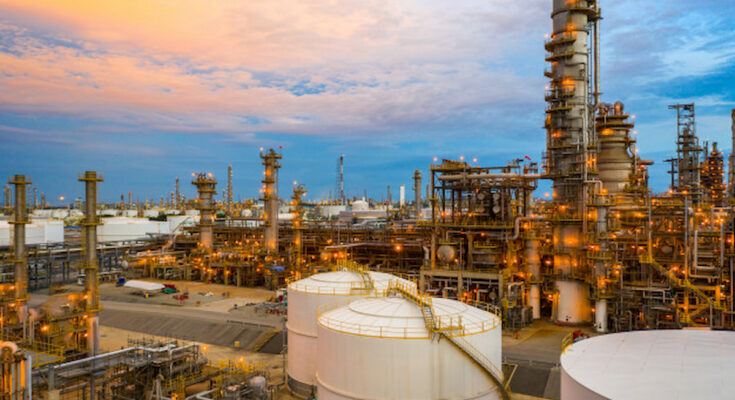The German economy and climate ministry (BMWK) has stated that Germany and Poland have signed a memorandum of understanding to expand their collaboration on oil supply security and to protect refineries in both countries. This was done in order to protect refineries in both countries. The purpose of the joint declaration, which was signed by the German minister Robert Habeck and the Polish minister of climate and environment Anna Moskwa, is to ensure the continued operation of the Polish refineries in Gdansk and Pock as well as the east German refineries in Schwedt and Leuna so that both countries are supplied with adequate quantities of crude oil. The declaration was signed by both ministers.
“There is a tremendous need for cooperation,” said Habeck, adding that weaning refineries in both countries off of Russian crude oil was a difficulty. “There is a huge need for cooperation.” According to the ministry of the economy and climate, bilateral investments, trade, and cooperation between German and Polish oil businesses are encouraged “in order to maximize the utilization of their infrastructure and strengthen energy security.” This statement was made by the ministry. By the end of 2022, the German government is working toward achieving its goal of becoming energy independent from Russia. In 2021, Russia was responsible for approximately 35 percent of the world’s crude oil imports. In spite of Russia’s involvement in the conflict in Ukraine, Germany’s oil consumption increased significantly in the second and third quarters of the year, according to a report that was compiled by an industry expert named Steffen Bukold and commissioned by the environmental NGO Greenpeace. This increase came after Germany’s oil consumption dropped by ten percent at the beginning of the year.
“The German government has made huge efforts to find new oil dealers, but so far it has done far too little to lessen overall oil dependency,” said the spokesperson for Greenpeace, Manfred Santen. “The German government has made enormous efforts to find new oil dealers.” On December 5th, an embargo placed by the EU on oil imports from Russia via sea will go into effect. The energy agencies of both countries made an announcement at the end of November stating that they had reached an agreement to deepen their cooperation on energy policy through the implementation of joint projects centered on energy efficiency, renewable energy sources, infrastructure, and the design of energy markets. By the year 2021, the two nations had already reached an agreement to build a combined energy platform. Both administrations are also working on a model for what they refer to as a “cross-border energy area,” which would consist of eastern Germany and western Poland.





